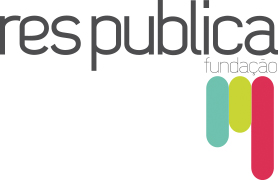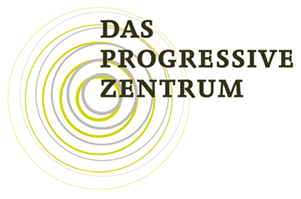
next left
Publication
For a Connecting Progressive Agenda. Next Left Vol.9
June 11, 2015Author: Alfred Gusenbauer, Amandine Crespy, André Krouwel, Ania SKRZYPEK, Carlo D’Ippoliti, David J. Bailey, Dimitris Tsarouhas, Ernst Stetter, Erol Külahci, Gerassimos Moschonas, Ignacio Urquizu, John Halpin, Matjaz Nahtigal, Pascal Zwicky, Patrick Diamond, Rémi Bazillier, Ronny Mazzocchi, Ruth Reichstein
For a Connecting Progressive Agenda is the 9th volume of the FEPS Next Left book series. It features the contributions developed in the months of 2013 - 2014 by the researchers assembled within the FEPS Next Left Focus Group and Working Groups respectively. The intensive internal work based on research and four consecutive peer review rounds, as also on the exchanges enabled through the numerous national round table debates across Europe, are the reasons to highly recommend this reading as carrying profound and detailed proposals for the new progressive approach in Europe.
For a Connecting Progressive Agenda opens with the foreword by Dr. Alfred Gusenbauer, Chair of the FEPS Next Left Research Programme. The introductory part is then followed by 5 Chapters, which respectively focus on: Facing social contestation – a search for a new connection; Creating European welfare – a proposal of a tangible agenda for equality, Making Europe work – a demand for quality employment for all, Organising fi nancial capitalism – a strive for an ethically prevailing argument; Europeanising social democracy – a need for an organisational renewal.
The impressive number of 18 articles and 19 experts from both the EU and the US guarantees the multidisciplinary, multi-layer and innovative approaches. The fact that in certain aspects they may appear controversial or even contradictory, makes the case for richness of the pluralistic debate among progressives and constitutes a proof that it is not the crisis of ideas that is being experienced at present.
For a Connecting Progressive Agenda is guided by an ambition to identify where and how the new bridges can be established – between the historical mission and the future-oriented ambitions, between the world of traditional politics and the contemporary society, among diverse generations and societal groups. In this sense, it provides a broad, fair diagnosis of present-day challenges and makes an argument that it is high time to emancipate visionary political thinking from the limitations imposed by the post-crisis dialectics. Therefore, the
book rejects the doomsday rhetoric about the end of ideologies. Instead it presents itself as a hopeful appeal for courage, boldness and passion. With the well-established list of arguments, it paves a comprehensive, even if sometimes a rocky way – taking which social democracy could become the movement that shaped Europe in the subsequent decades of the 21st century.



























































